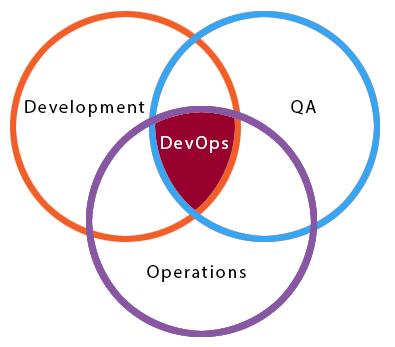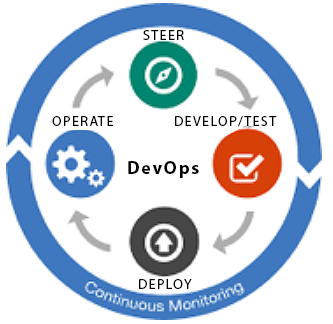Technology companies are regularly deriving new terms and phrases to differentiate products and product offerings. One of the more recent new terms has been “DevOps”.
To understand where DevOps fits into the picture, we need to look back at earlier development technologies, as well as some other terminologies. All of these were about application development and the approaches used to manage application development.
There was major awareness by vendors and customers, that handling the “versioning” of programs, components and artifacts simply wasn’t enough—that there was a need to manage the entire application development lifecycle and its associated processes.

Vendors began developing individual point solutions to these various challenges. Some vendors built more cohesive solutions, with multiple functions imbedded in a single solution or federated solutions. This initial foray, into a more cohesive solution, was often referred to as “Application Lifecycle Management” (ALM) or “Software Lifecycle Management” (SLM).
Development lifecycles, such as Waterfall, Concurrent and Iterative almost always managed the code deployment requirement. With the widespread adoption of Agile, Scrum and Lean development lifecycles, several of these composite development solutions still didn’t fully address the ability to manage the deployment of new artifacts. Agile, Scrum and Lean development methodologies, due to the very nature of close collaboration, had a strong need for continuous code delivery and inclusion of Operations into the entire process. DevOps arose out of the need to provide a cohesive environment to enable rapid application development and coordination across multiple work teams, along with integration of all aspects of development through deployment and operations.

Different vendors target and market to DevOps. While DevOps can also take on multiple meanings, especially when used to market specific products, it is primarily used as a term for a group of concepts that span the modern development lifecycles, and refers to the framework that enables rapid application development along with deployment. DEVelopment + OPerationS = DevOps.
Please contact your Mainline Account Executive directly, or click here to contact us with any questions.
